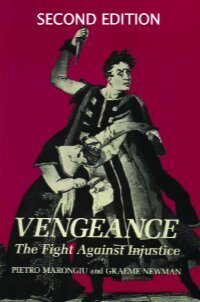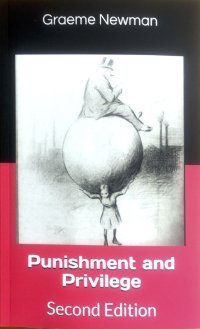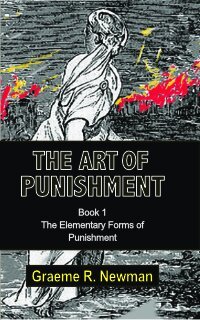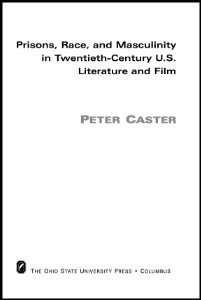By Pietro Marongiu and Graeme R. Newman.
As relevant to the 21st century as it was in the 20th century when it was first written, in this second edition of Vengeance: The Fight Against Injustice, the authors provide a cogent appraisal of the most recent scholarship on vengeance that has generally confirmed the theses developed in the first edition, and offer new insights into the nature and role of punishment in modern society. The authors examine the historic and cultural manifestations of the need to inflict punishment on one's enemies. They trace the ways the deep seated desire for vengeance has developed and changed over the centuries and has affected our legal system, moral codes, and cultural myths. By bringing together insights from history, anthropology, sociology, classical and literary studies, and mythology, the authors have produced a landmark study that greatly enlarges our understanding of the problems of violence, criminal justice, and vigilantism in modern society.
Harrow and Heston Publishers. 2019. 196p.







